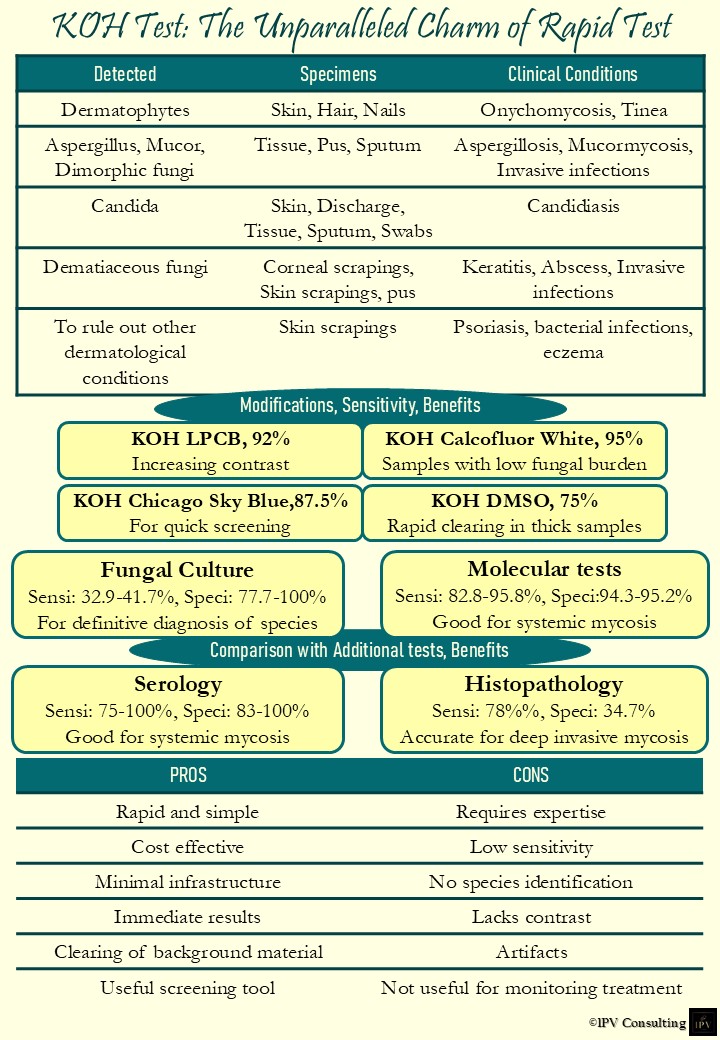ESKAPE Pathogens: But Without Escape Plan
ESKAPE is an acronym that stands for Enterococcus faecium, Staphylococcus aureus, Klebsiella pneumoniae, Acinetobacter baumannii, Pseudomonas aeruginosa and Enterobacter species, a collection of bacteria that includes both Gram-positive and Gram-negative species. These bacteria are common causes of life-threatening nosocomial infections in immunocompromised and critically ill patients.
These infections are characterized by potential treatment resistance
mechanisms and provide a threat to human health on a global scale. Antimicrobial
resistance genes can be found on plasmids, transposons or the bacterial
chromosome. Drug inactivation/alteration, modification of drug binding
sites/targets, changes in cell permeability and biofilm formation are a few
broad categories of the resistance mechanisms.
The acquisition of ESKAPE pathogens has resulted in fewer effective
treatments for severe infections, a greater burden of disease and higher death rates.
This led to development of novel approaches like
antivirulence strategies, bacteriophage therapy, probiotics, therapeutic antibodies,
synthetic inhibitors specific to resistance enzymes or bacterial efflux pumps
inhibition of biofilm formation and use of synthetic flavonoids are good candidates
for developing new antimicrobials.
As resistance profiles change, it appears likely that antimicrobial
resistance in these pathogens will rise in the near future. For better patient
care, this issue has necessitated a coordinated, global response for antibiotic
resistance surveillance.
The plan of ESKAPE pathogens that infiltrated healthcare environments
without an escape route is to remain and solidify their presence through evolution
so thoroughly that they are unable to flee and hide.
References:
1.Santajit S, Indrawattana N. Mechanisms of Antimicrobial Resistance in
ESKAPE Pathogens. Biomed Res Int. 2016;2016:2475067.
2.De Oliveira DMP, Forde BM, Kidd TJ, Harris PNA, Schembri MA, Beatson
SA, Paterson DL, Walker MJ. Antimicrobial Resistance in ESKAPE Pathogens. Clin
Microbiol Rev. 2020 May 13;33(3):e00181-19.
3.Pendleton JN, Gorman SP, Gilmore BF. Clinical relevance of the ESKAPE
pathogens. Expert Rev Anti Infect Ther. 2013 Mar;11(3):297-308.
4.Mulani MS, Kamble EE, Kumkar SN, Tawre MS, Pardesi KR. Emerging
Strategies to Combat ESKAPE Pathogens in the Era of Antimicrobial Resistance: A
Review. Front Microbiol. 2019 Apr 1;10:539.
5.Moldovan C-V, Savu M,
Dussert E, Aboubacar H, Sarbu LG, Matiut S, Cudennec B, Krier F, Ravallec R,
Birsa LM, et al. Synthetic Flavonoid BrCl-Flav—An Alternative Solution to
Combat ESKAPE Pathogens. Antibiotics. 2022; 11(10):1389.







